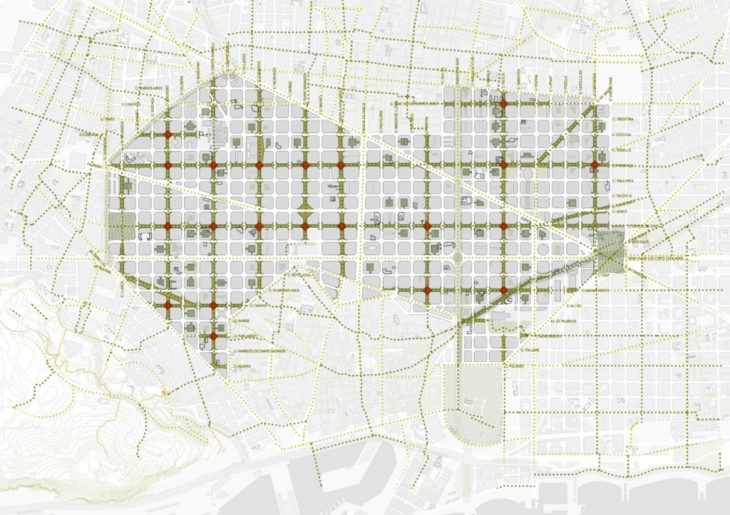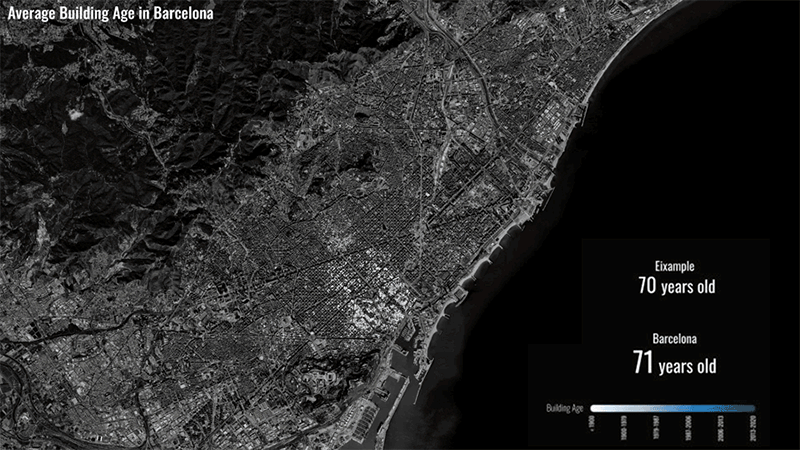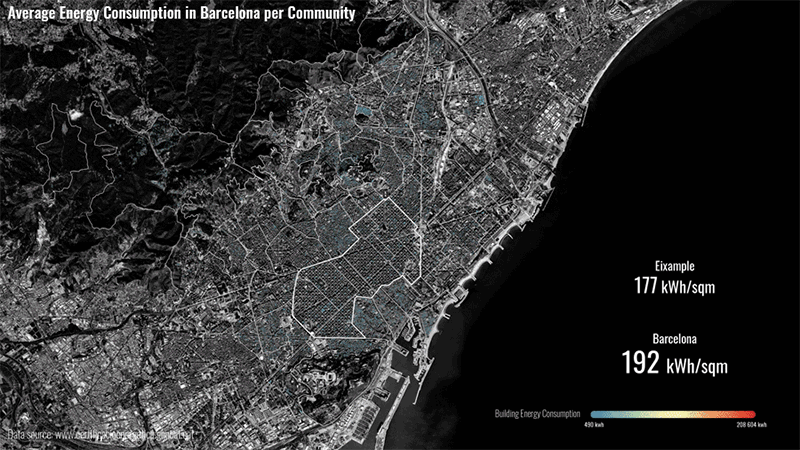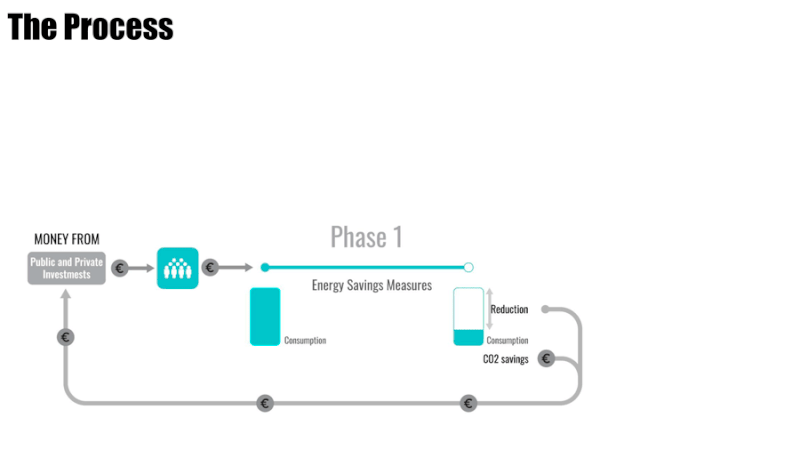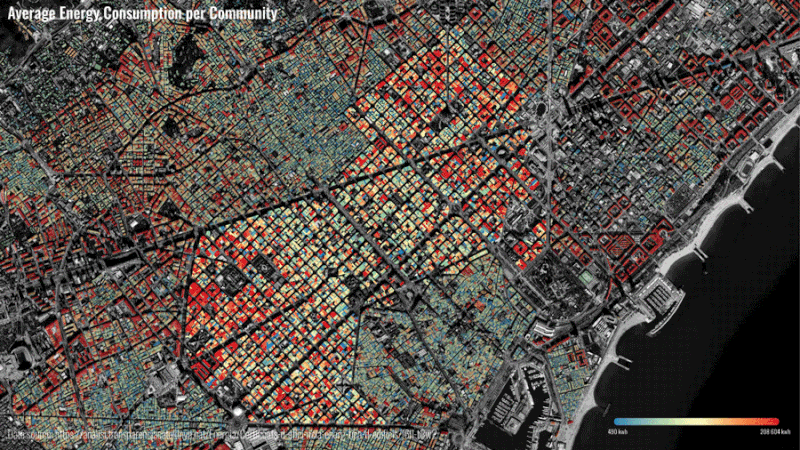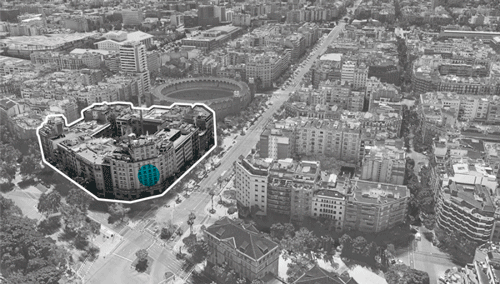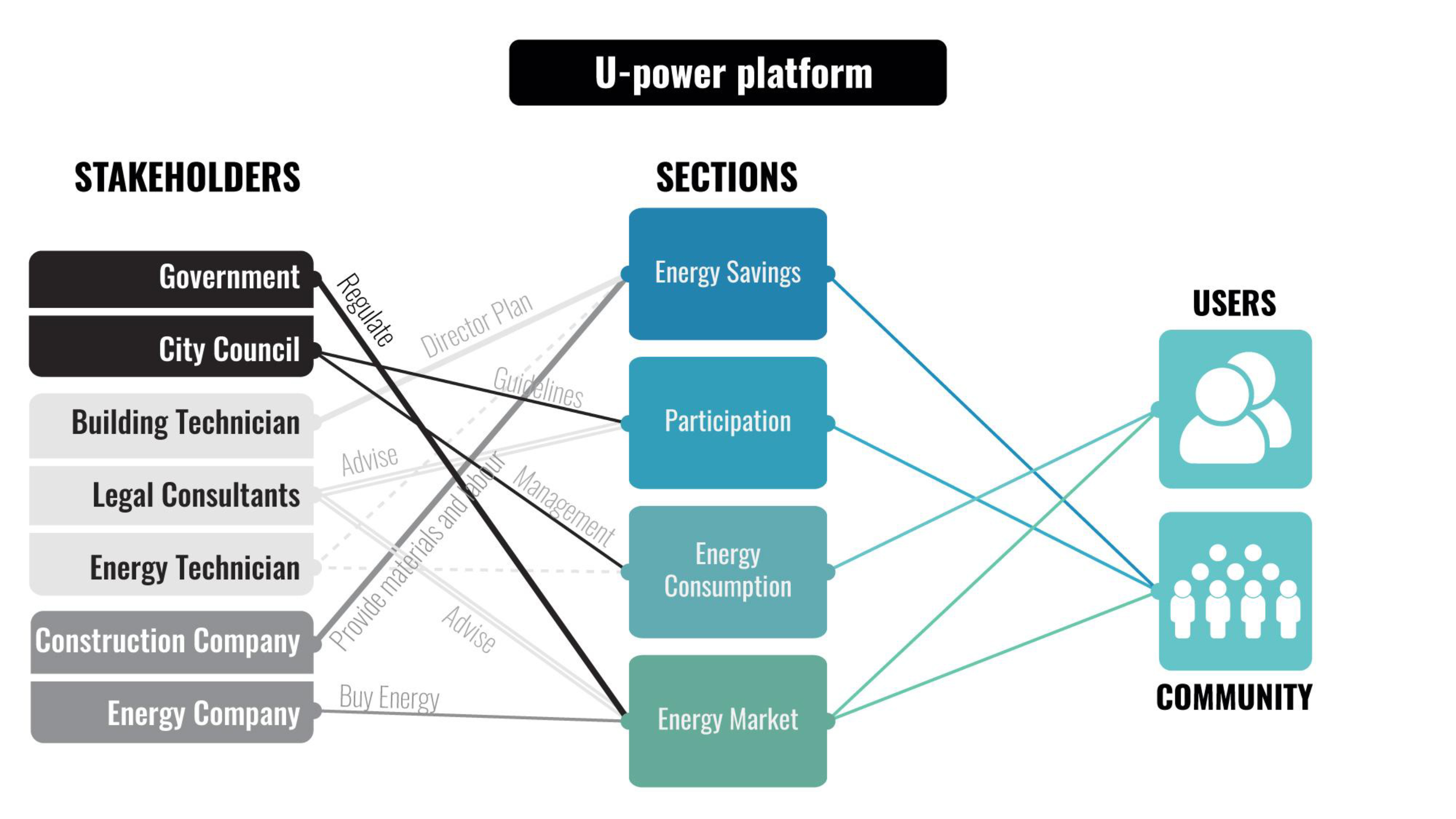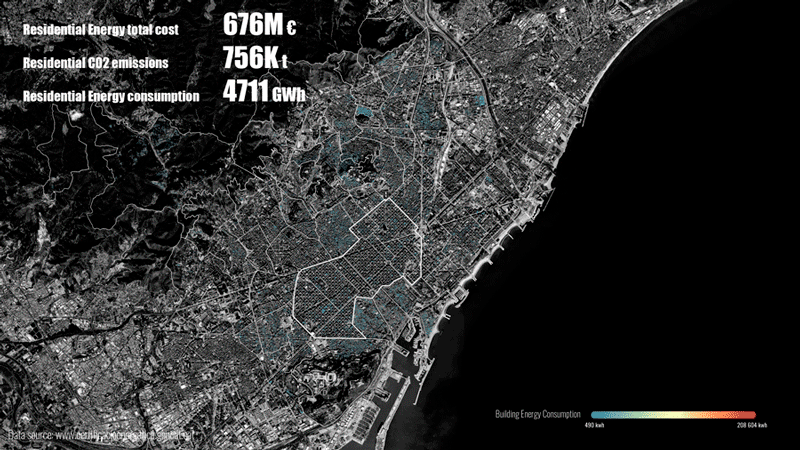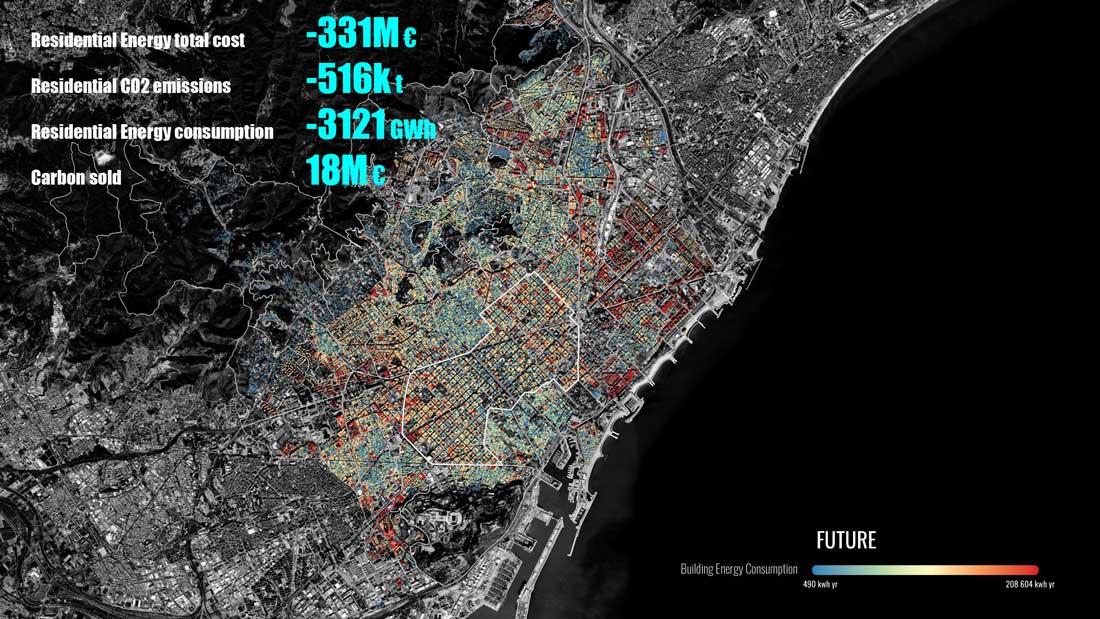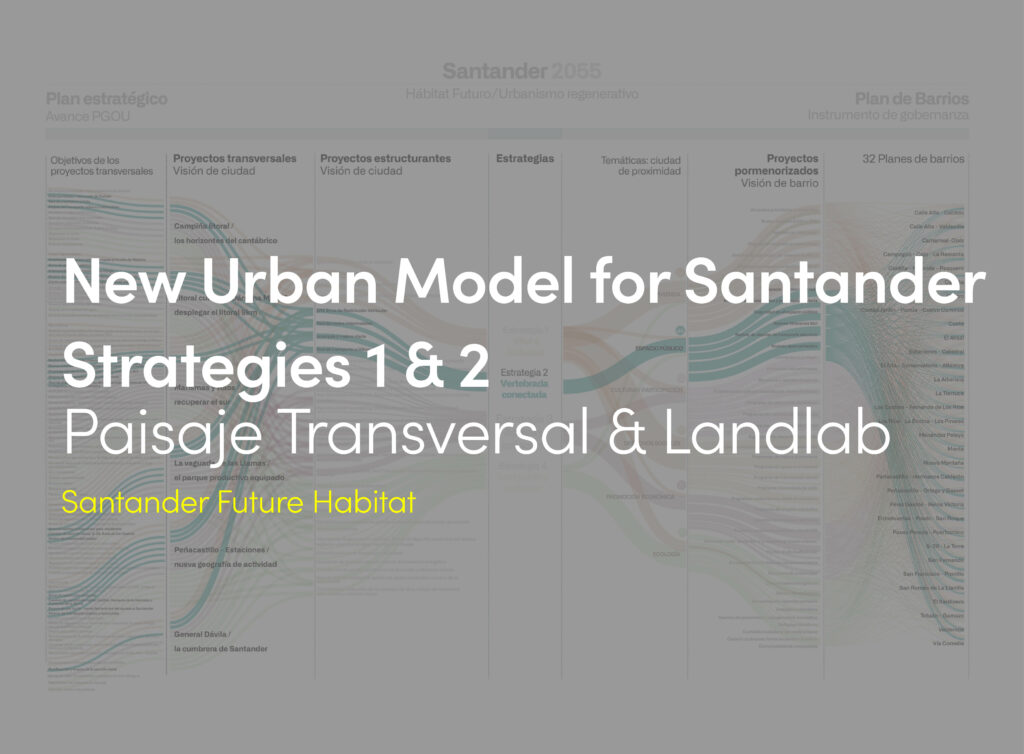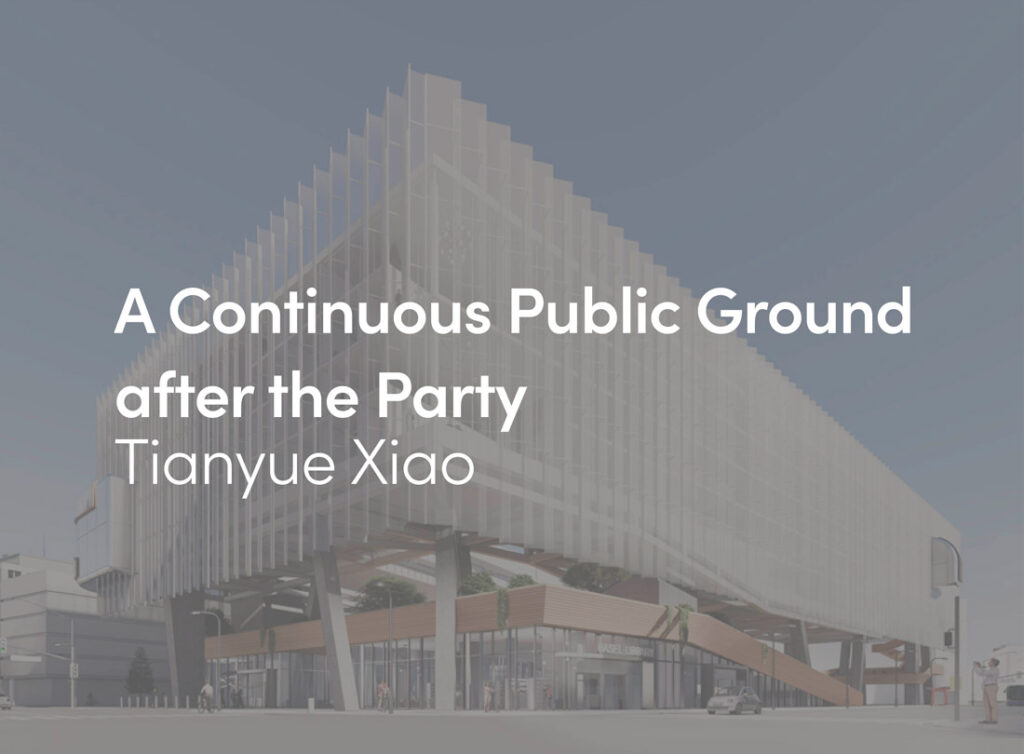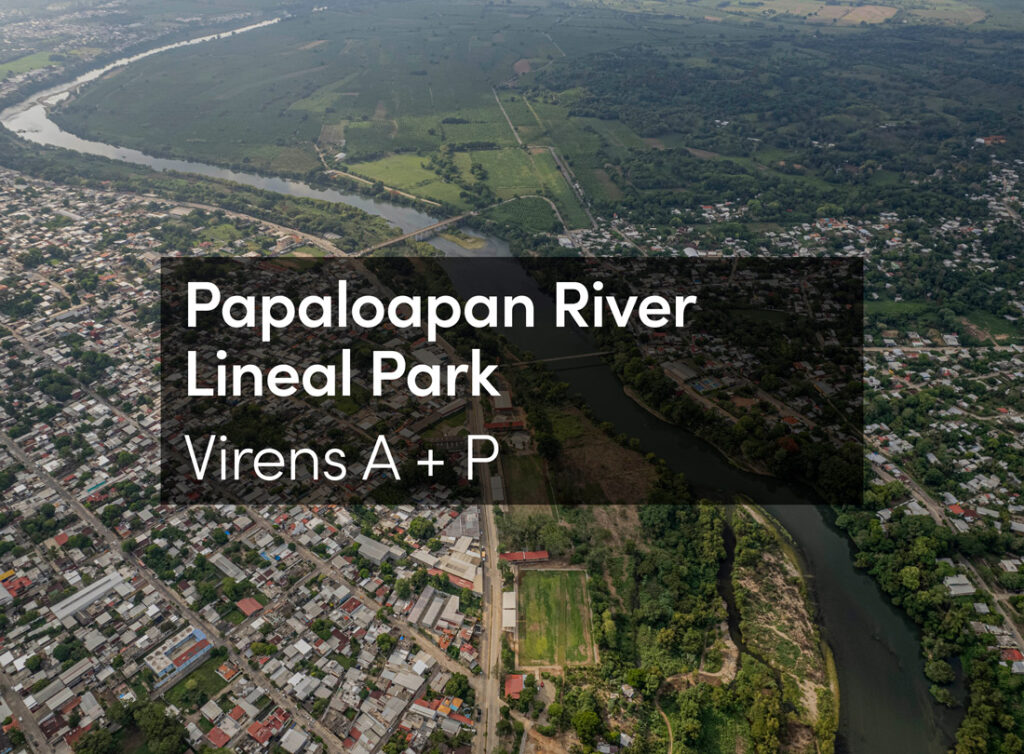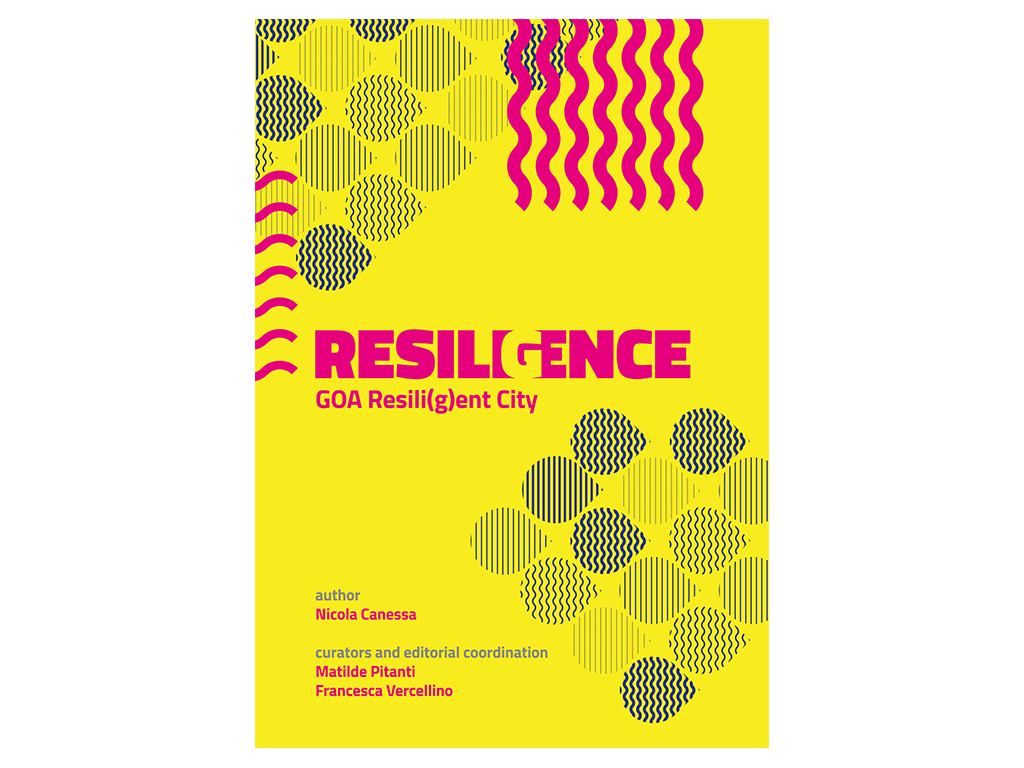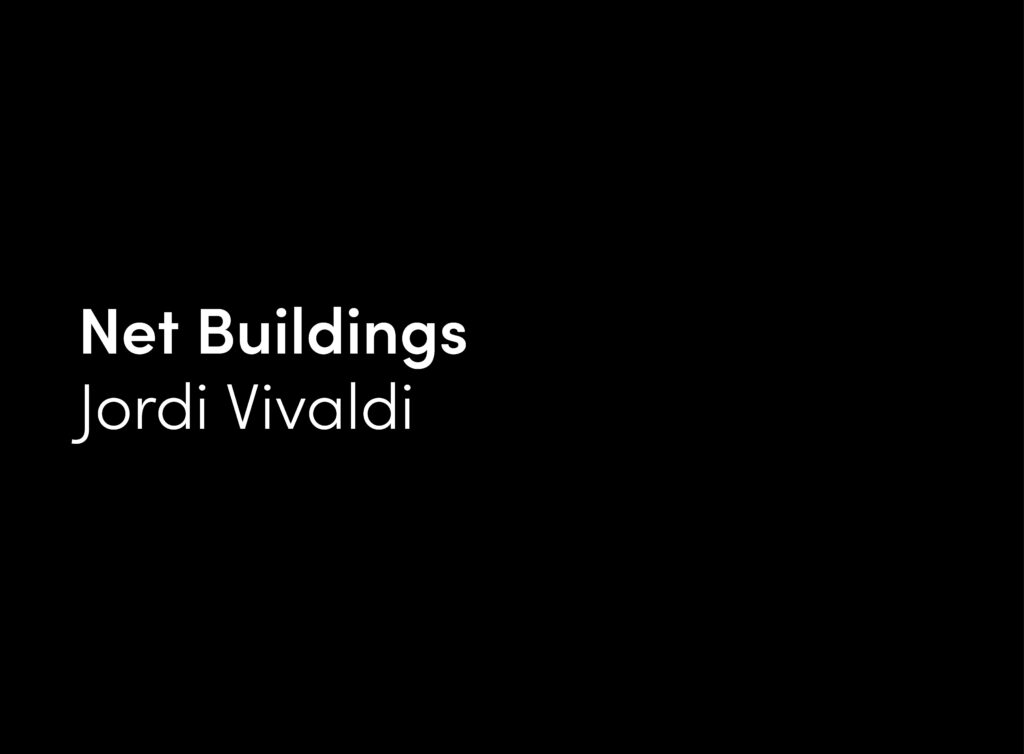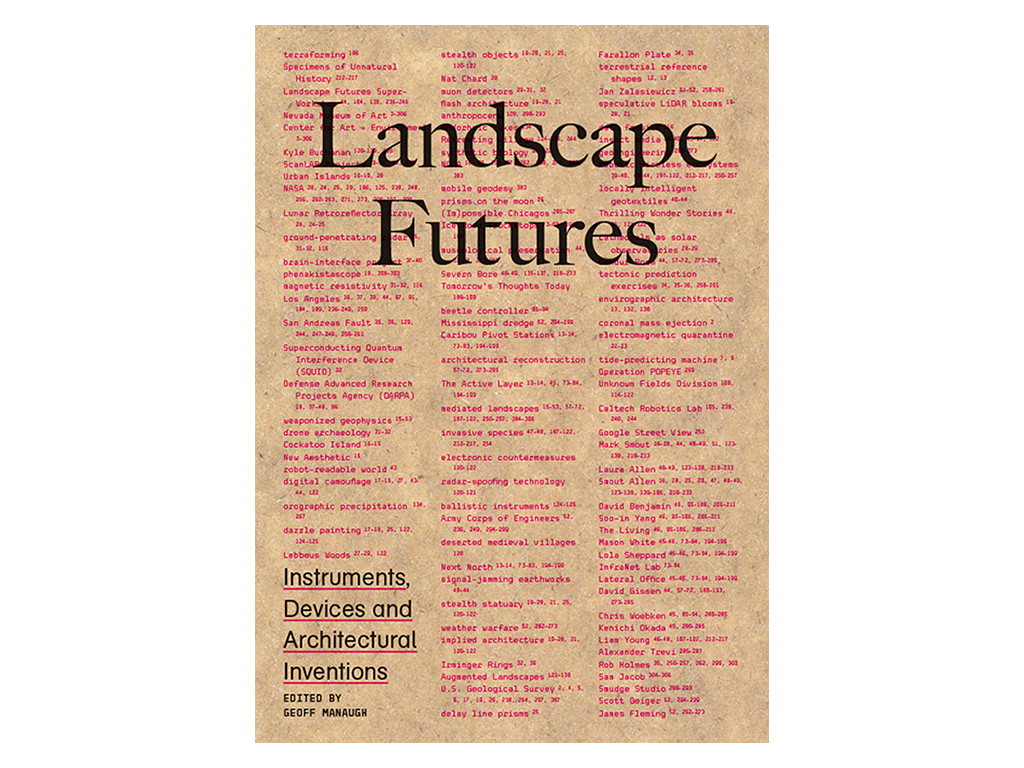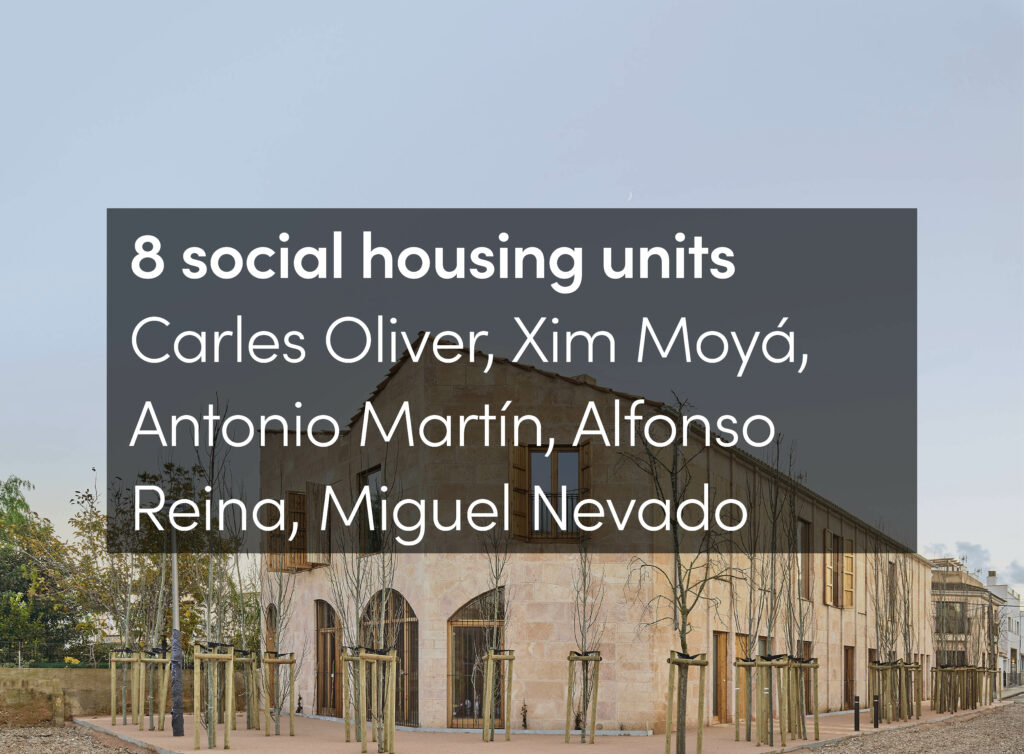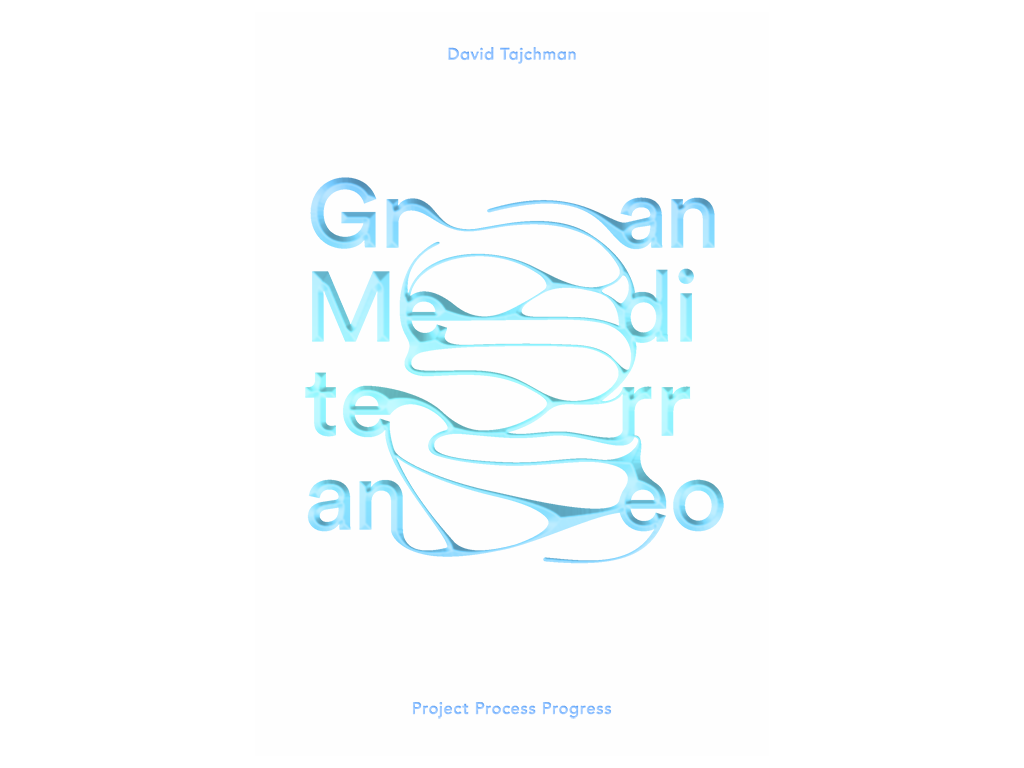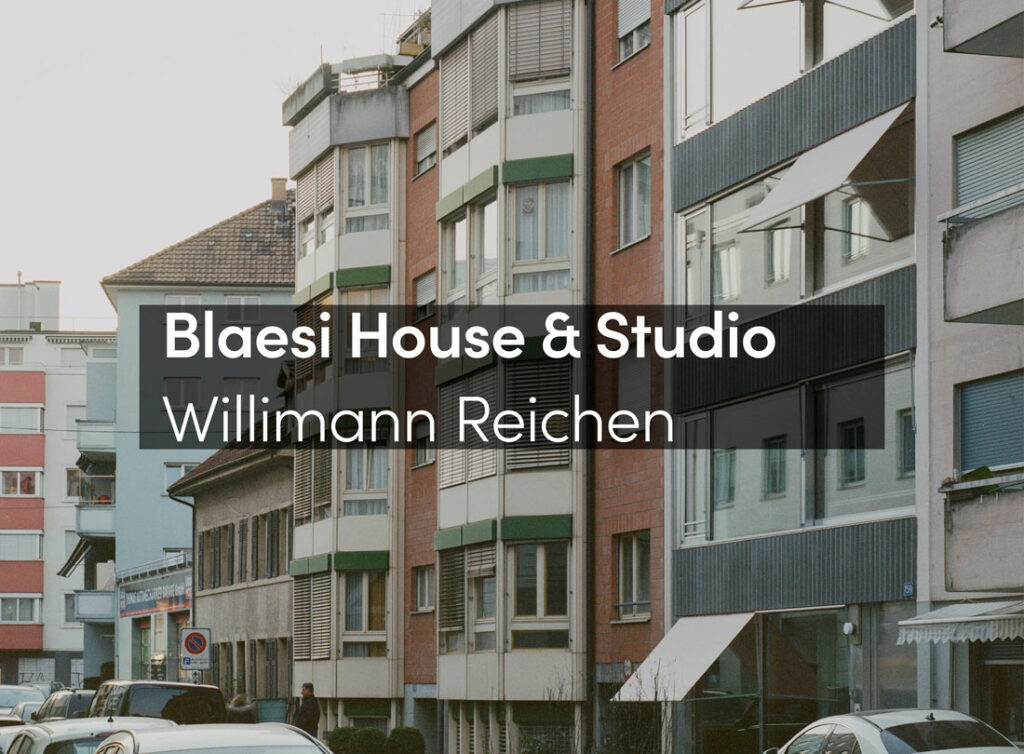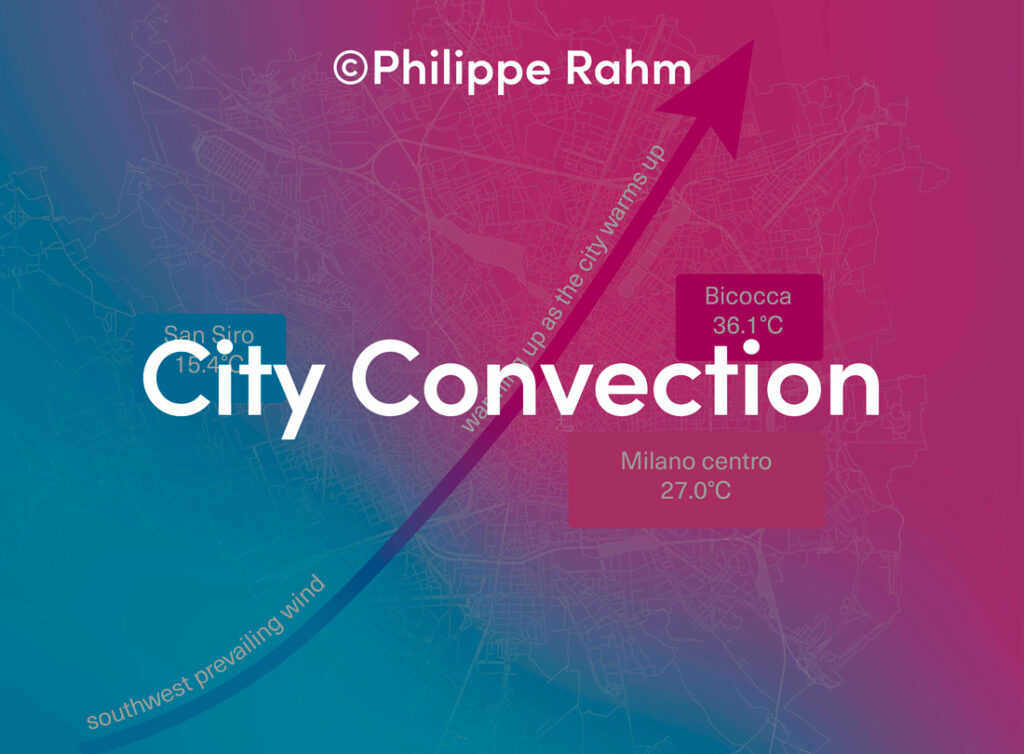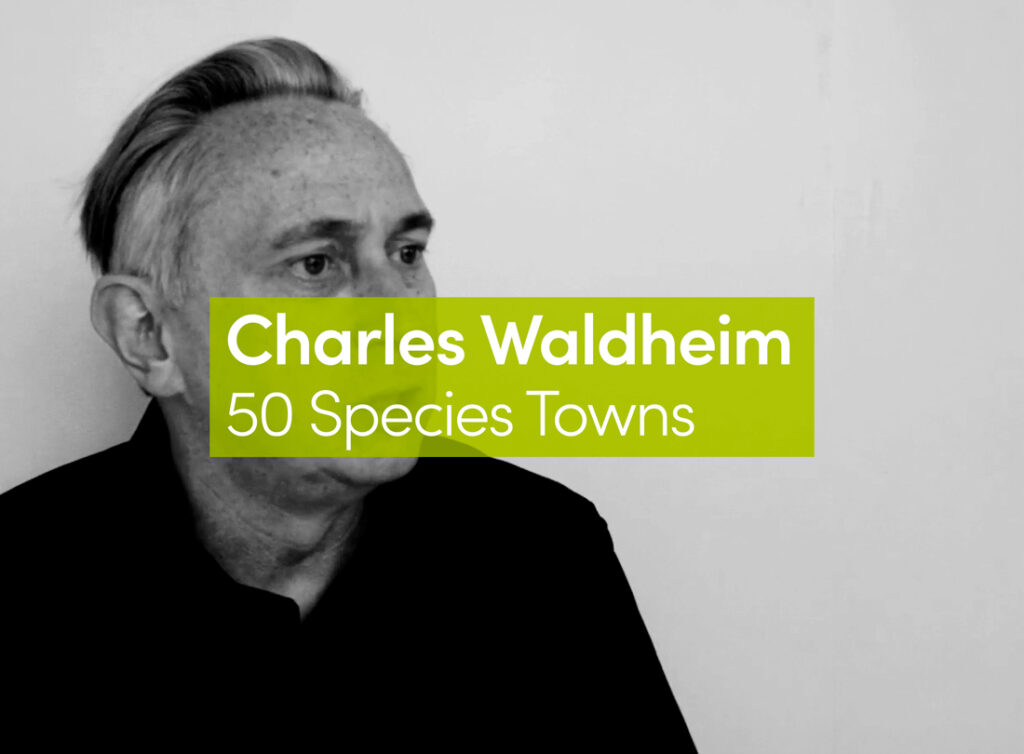As we move forward in our efforts to make cities more humane, livable, responsive and resilient, we must always consider the shifting relationship between citizens, the city, and its institutions – especially given the emergence of new, disruptive technologies. To do this, we need not only new tools and innovative planning strategies but also a broader understanding of how culture, society, economics and politics can allow us to meet the needs of current and future planning processes.
It is time to redefine the citizen’s role in our global efforts to create dynamic, human-centered and inclusive urban environments. How can these systemic design principles be informed by an innovative use of big data analytics tools for the creation of innovative urban policies and initiatives?
Can we move urban planning and design away from the standardized quantitative analyses of a city’s dynamics by including qualitative approaches, which are centered on a deep understanding of people’s needs, desires and behaviors? How can people become active and aware participants in the generation of the data and information that shape our cities today?
These are some of the questions that the Master in City & Technology (MaCT) researchers explore each year during The Internet of People, a design research studio that aims to develop holistic urban projects through a deep understanding of urban theory, a sophisticated application of technology, a holistic strategy, and innovative design.
The Internet of People studio is led by Luis Falcon, co-founder and CEO of the big data and location analytics firm inAtlas, with the technical assistance of Iacopo Neri.
The Eixample district and the new Barcelona superblock as an expansion of the existing car-free spaces in the city. Ajuntament de Barcelona .
This year, the studio specifically focused on the revision of the new, ambitious post-COVID19 proposal from Barcelona’s City Council: the new extension of the Superblock concept across Barcelona’s Eixample district.
The MaCT researchers were challenged to future-proof this plan by creating policies that incorporate a broad international perspective on sustainability, citizen participation and community management. Moreover, with the help of the studio leader Luis Falcon, they were provided with a large amount of cadastral and socioeconomic data related to real estate, tourism, energy consumption, social media, mobility and sanitation.
Energy as a Right: Rethinking Barcelona’s Energy System
One of the research projects during The Internet of People studio was Energy as a Right, a proposal that rethinks Barcelona’s energy system aiming for a more sustainable, fair, democratic and efficient energy ecosystem. The proposal was developed taking the role of a local private community that pursues the dream of providing basic free energy for all the city’s residents.
In order to develop a cohesive strategy to achieve a universal basic energy income, an extensive data collection and analysis process was carried out. In the process, the MaCT researchers came across a number of challenges and hurdles to overcome in order to achieve their objectives.
On top of these challenges, it is important to also have a view of the future of energy in 30 years. The Energy Transition Plan for Catalonia for 2050 indicates that the Catalan government is trying to move from a fossil-fuel-based energy system, dominated by five main companies at almost every step of the process, toward a greener and more distributed system.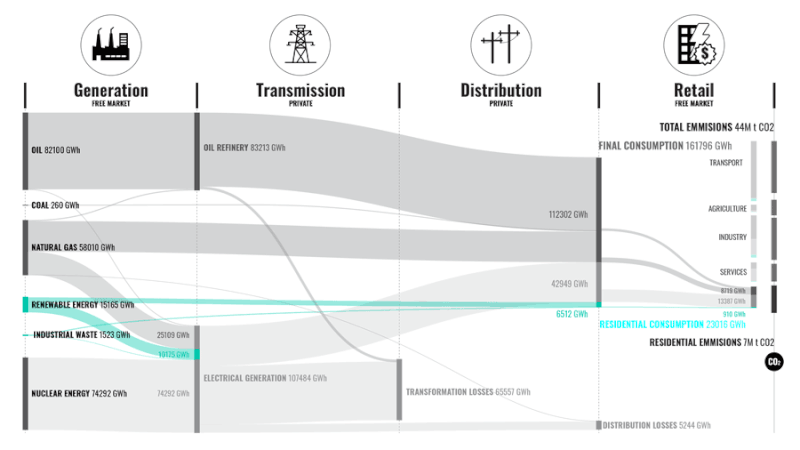
After this transition, 80% of the energy produced is expected to come from renewable sources, some of them public. Innovation will lead to a 40% reduction in our current energy consumption and a 75% reduction of our CO2 emissions. Some economic sectors, like agriculture and industry, will face more problems in achieving the EU goal of a 90% reduction, so the carbon trading market may increase in the following years.
We know we will have cleaner energy, but we want to go further than that. As a private community, we are outside the big energy market, only accessible for a production of over 100 kW – beyond the scale of our buildings, and the small market, getting just a partial discount in our energy, producing our own energy and selling our excess. If we want to reduce our energy consumption, we will need access to public subsidies to renovate our building. This is a complex process, however, only accessible after paying for the entire renovation project in advance.
What Can We Do as a Private Community?
On the one hand, we decide to join forces with other communities to have the advantages of the big scale, and on the other hand align ourselves with the administration in order to arrive at free energy. We want to propose a deal with the Barcelona City Council through a rights and duties agreement. We commit ourselves to undertake the energy renovation of our buildings and, in exchange, they provide us with free energy.
How Is This Possible?
With the help of the government, we can raise financing and carry out the construction to achieve energy savings. The return on investment is achieved through reductions in consumption and the sale of un-emitted CO2 to the market.
At the same time, we assume that the money from the EU Green Deal will go towards the development of a new public distributed green electricity generation grid, which will eventually be able to cover the demand of the residential buildings once they have reduced their consumption. With this system, we are able to convert the basic energy needs into a right. A part of it will be covered, and if it is exceeded, it will cost more money and will serve to pay for the system. On the other hand, the renovation of buildings also helps us to deal with the risk of energy poverty. We can see the difference between the energy certificates from a 70m² house: the difference in the annual bill is huge, around €1300.
We used the certifications and the surface area of the buildings as basic sources of information in the development of the database. In order to facilitate community engagement and provide citizens with the information they need, the u-power platform will be the main stage of interaction between communities and stakeholders. The platform will provide citizens with four main services: Energy Savings, Participation, Energy Consumption and the Energy Market.
Energy Savings
Through the energy savings, people will be able to visualize their current community’s energy consumption and compare it to other buildings in the city. They will also be provided with a number of energy-saving measures based on the age of their building.
Optimal renovation options will be provided for every building along with an approximate cost and energy savings percentage. All product-related data will constantly be updated by suppliers providing current market prices. Through the platform, communities will be able to identify the best solutions suited for their buildings and receive reduced prices when a minimum number of units is achieved.
To ensure continuous upgrading and maintenance of all building elements, e-contracts are put into place. We bring all the necessary stakeholders onto the platform in order to facilitate the different processes which are needed over time. The renovation activity is based on the lifespan of the different building layers.
Participation
In order to co-create a common and collaborative space, it is fundamental to manage the participation of the private communities as well as the communication with the public administration and the different stakeholders. Through this process, we want to allow the design of new specific and dynamic policies in relation to each community’s current necessities. Also, it is a common space to improve the local “built environment”.
Energy Consumption
Through the platform, individuals will be able to track their energy consumption in real time. This will provide for better management of the energy credits of each resident. Citizens will be able to see the days in which their consumption was higher than the optimal limit and subsequently modify their behavior to improve that. If individuals don’t spend their entire energy credit within a given month, they can transfer this to another month or sell their credit on the Energy Market.
Energy Market
How Will This Be Managed?
If the entire catalog of renovation solutions is applied, Barcelona will need to produce 50% less energy for its residential buildings and will be able to earn almost €18 million each year from the sale of CO2 credits in order to keep working hand in hand with its citizens to defend their pre-existing and emerging rights.
